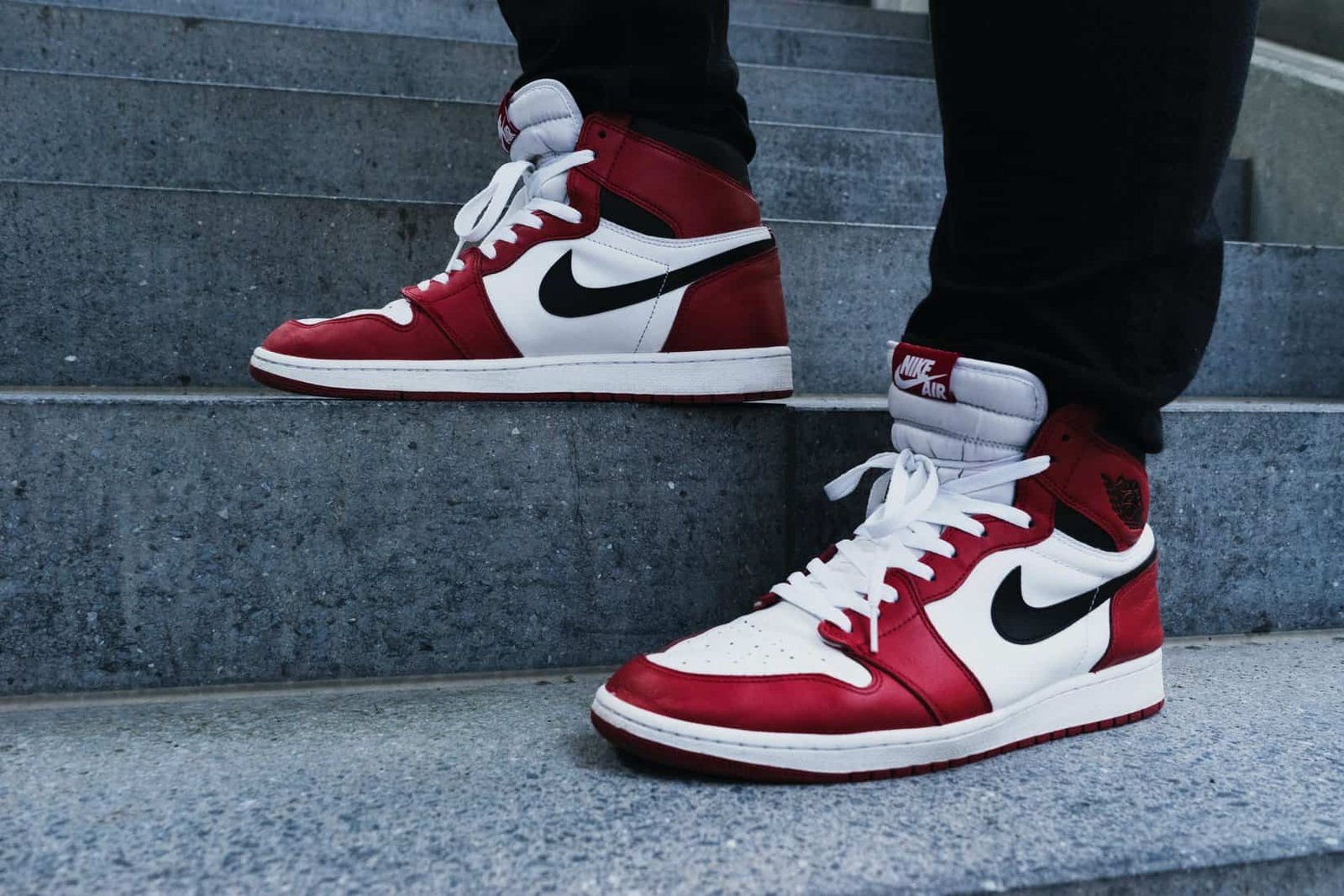Are The Sneakers Suitable For The Gym?
Sneakers are a staple in most people’s wardrobes, and they are often the go-to choice for hitting the gym. But are they really the most suitable option for working out?
The answer is not quite as simple as a straightforward “yes” or “no.” While sneakers can certainly be suitable for certain types of gym workouts, they may not be the best choice for all activities and exercises.
In this article, I’ll explore the pros and cons of using sneakers in the gym and provide some tips on how to choose the right pair for your needs.
First, let’s start with the basics: what makes a good gym sneaker?
In general, a good gym sneaker should have a few key features. First and foremost, it should be comfortable and supportive. This means it should have a cushioned insole and a sturdy, supportive outsole to help protect your feet and ankles during high-impact activities.
It should also have a good fit, with enough room in the toe box to allow your toes to spread out and enough arch support to keep your feet in proper alignment.
In addition to comfort and support, a good gym sneaker should also be durable and able to withstand the wear and tear of regular use. This is especially important if you’re someone who hits the gym regularly, as you’ll need a pair of sneakers that can hold up to the demands of your workouts.
Look for sneakers made with high-quality materials and construction techniques, as these will be more likely to last longer and perform better.
Now that we’ve covered some of the key features to look for in a good gym sneaker, let’s delve into the pros and cons of using sneakers for your workouts.
Advantages of wearing sneakers at the gym
On the plus side, sneakers are a versatile and convenient choice for the gym. They are easy to put on and take off, and they can be worn for a wide range of activities, from running on the treadmill to lifting weights to taking a spin class.
Sneakers are also typically more affordable than other types of athletic shoes, which makes them a budget-friendly option for those on a tight budget.
Additionally, many sneakers are designed with specific features that make them well-suited for certain types of workouts.
For example, running sneakers often have extra cushioning in the heel and forefoot to absorb shock and reduce the impact on the joints, while cross-training sneakers may have a more flexible sole to allow for a wider range of motion.
This can be especially beneficial if you’re someone who participates in a variety of different workouts and needs a shoe that can handle multiple types of activities.
Disadvantages of using sneakers in the gym
However, there are also some downsides to using sneakers in the gym. One major disadvantage is that sneakers may not provide enough support or stability for certain types of exercises.
For example, if you’re someone who does a lot of heavy lifting or plyometrics, you may need a more supportive shoe with a stiffer sole to help you maintain proper form and prevent injuries.
Similarly, if you have flat feet or overpronate (meaning your feet roll inward excessively when you walk or run), you may need a shoe with more arch support and stability features to help keep your feet in proper alignment.
Another potential downside of sneakers is that they may not offer enough ventilation or breathability, especially if you’re someone who tends to sweat a lot during workouts.
This can lead to foot odor and discomfort, which can be a real turn-off when you’re trying to focus on your fitness goals. Look for sneakers with mesh or other breathable materials to help keep your feet cool and dry during your workouts.
Are the sneakers suitable for the gym then?
So, are sneakers suitable for the gym? The answer really depends on your individual needs and the type of workouts you’ll be doing. If you’re someone who participates in a wide range of activities and needs a versatile, all-purpose shoe, sneakers can be a good choice. Just be sure to choose a pair that offers the comfort, support, and durability you need for your specific workouts.
On the other hand, if you’re someone who does a lot of heavy lifting or plyometrics, or if you have specific foot or arch issues, you may be better off with a more specialized athletic shoe that provides the support and stability you need. This might include shoes like weightlifting shoes, court shoes, or even hiking boots, depending on your needs.
Ultimately, the key to choosing the right gym shoe is to consider your individual needs and the types of workouts you’ll be doing. Be sure to try on a few different pairs and walk or jog around the store to get a feel for how they fit and perform.
You may also want to consult with a fitness professional trainer or a shoe specialist to get recommendations on the best options for your needs.
Conclusion
In summary, sneakers can be a suitable choice for certain types of gym workouts, but they may not be the best option for all activities and exercises. When choosing a gym shoe, be sure to consider factors like comfort, support, durability, and breathability, and consider your individual needs and the types of workouts you’ll be doing.
With a little bit of research and consideration, you can find the perfect pair of sneakers to help you reach your fitness goals.
You may also like:

